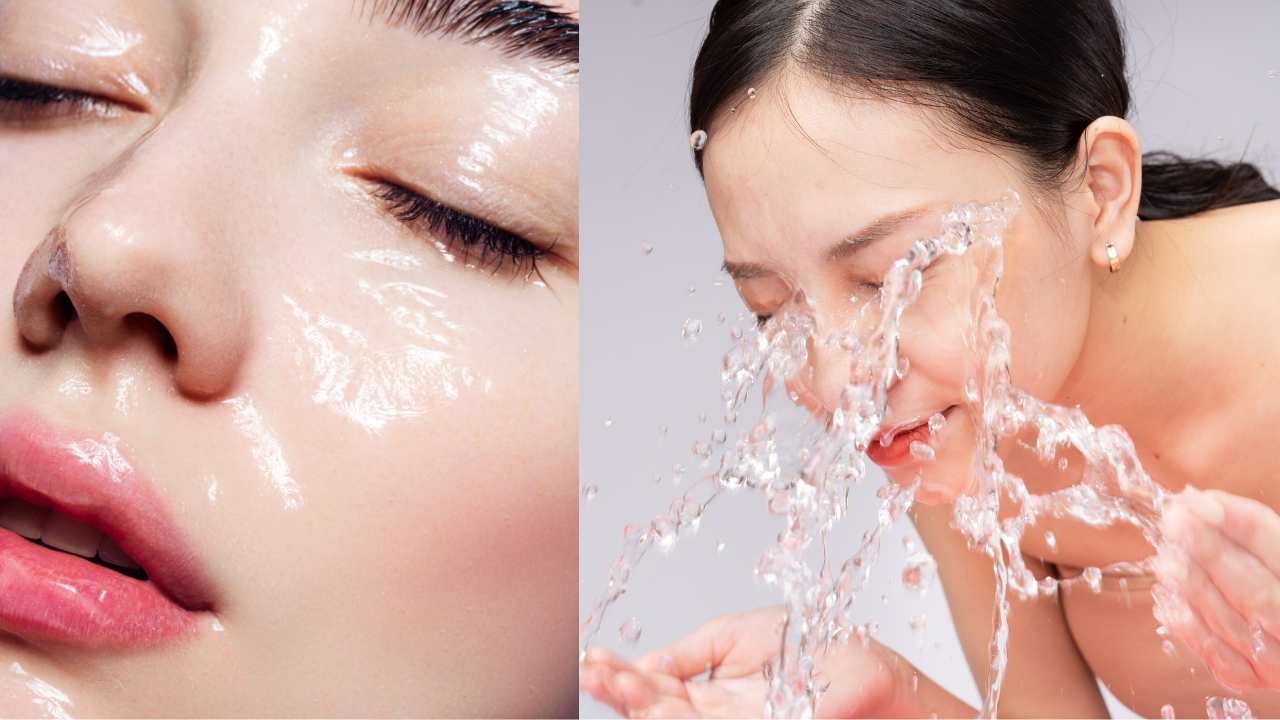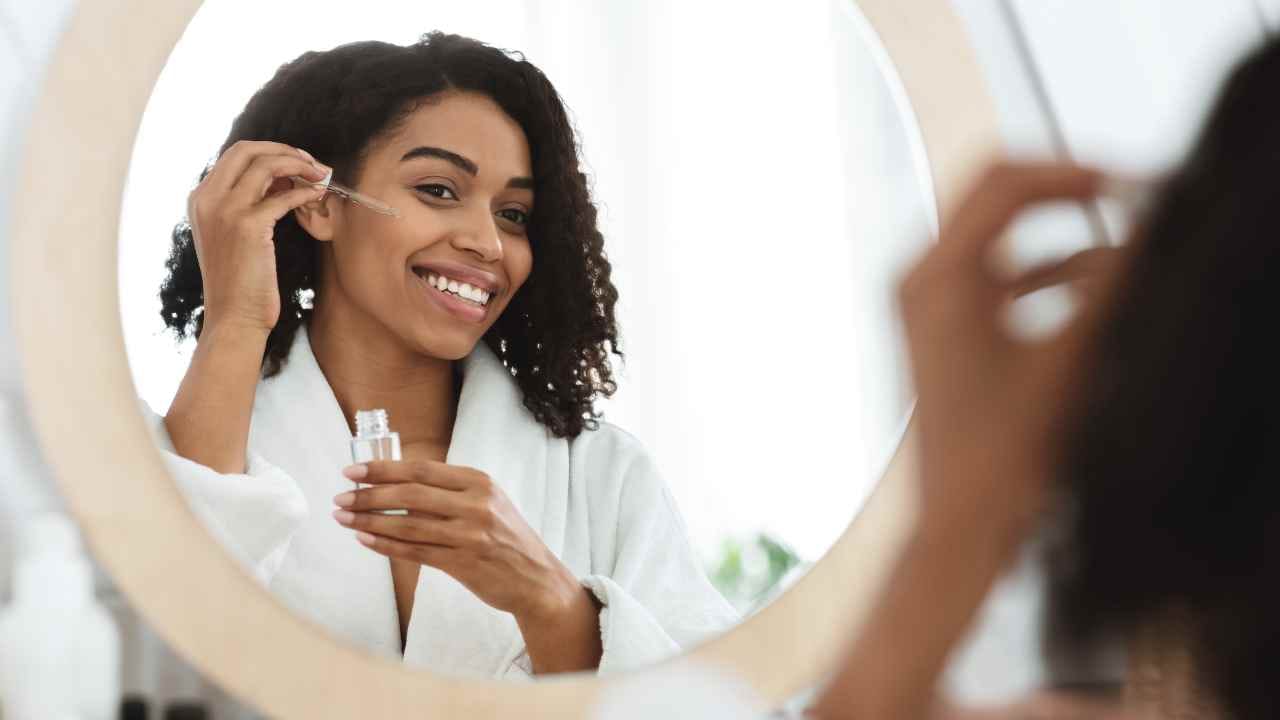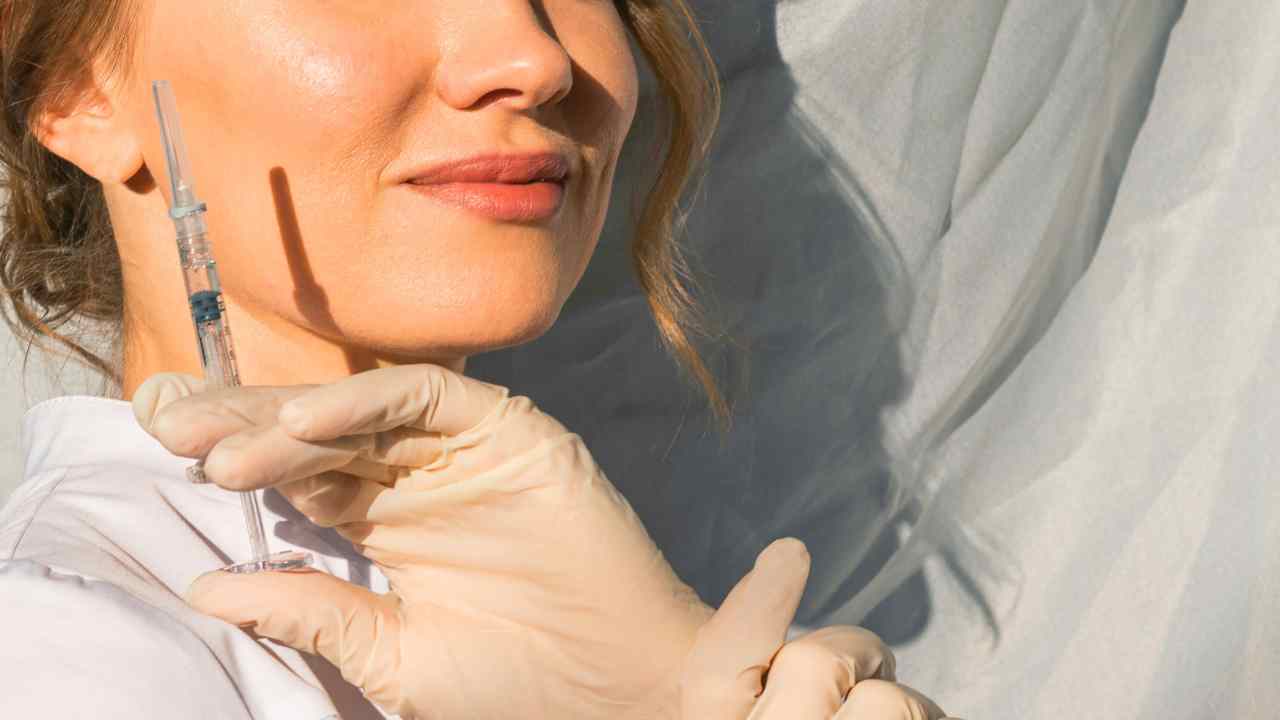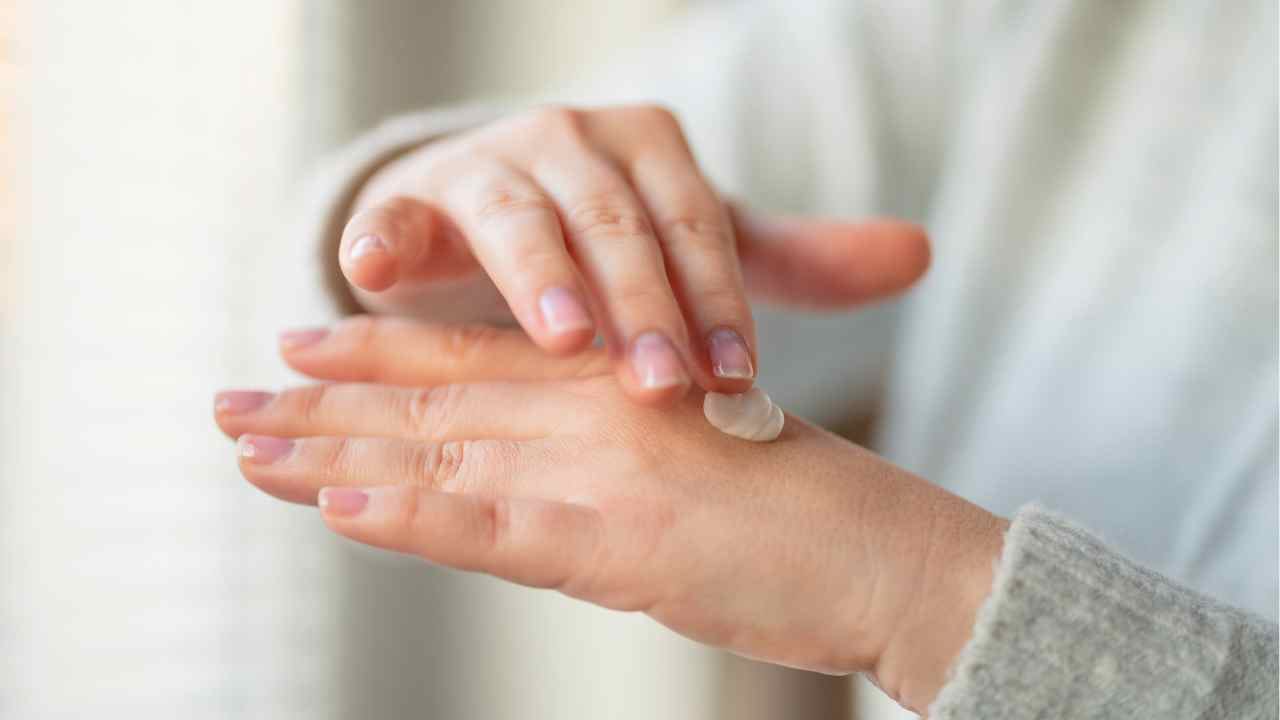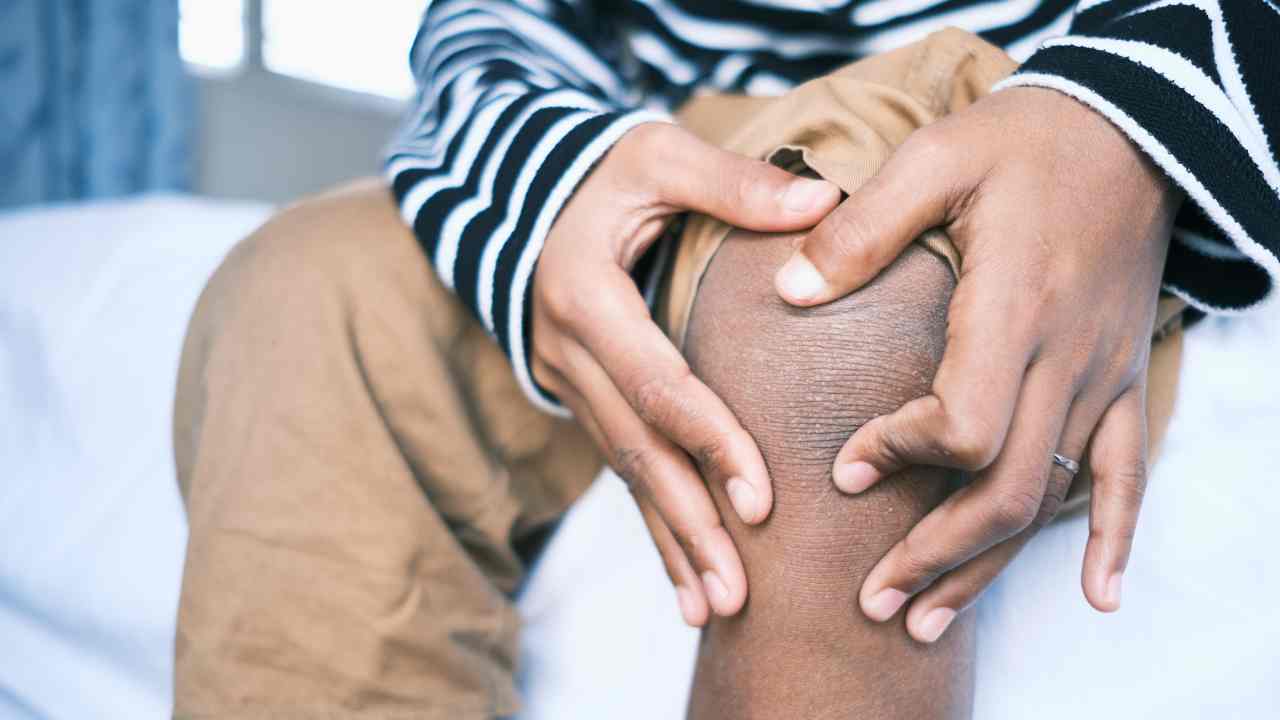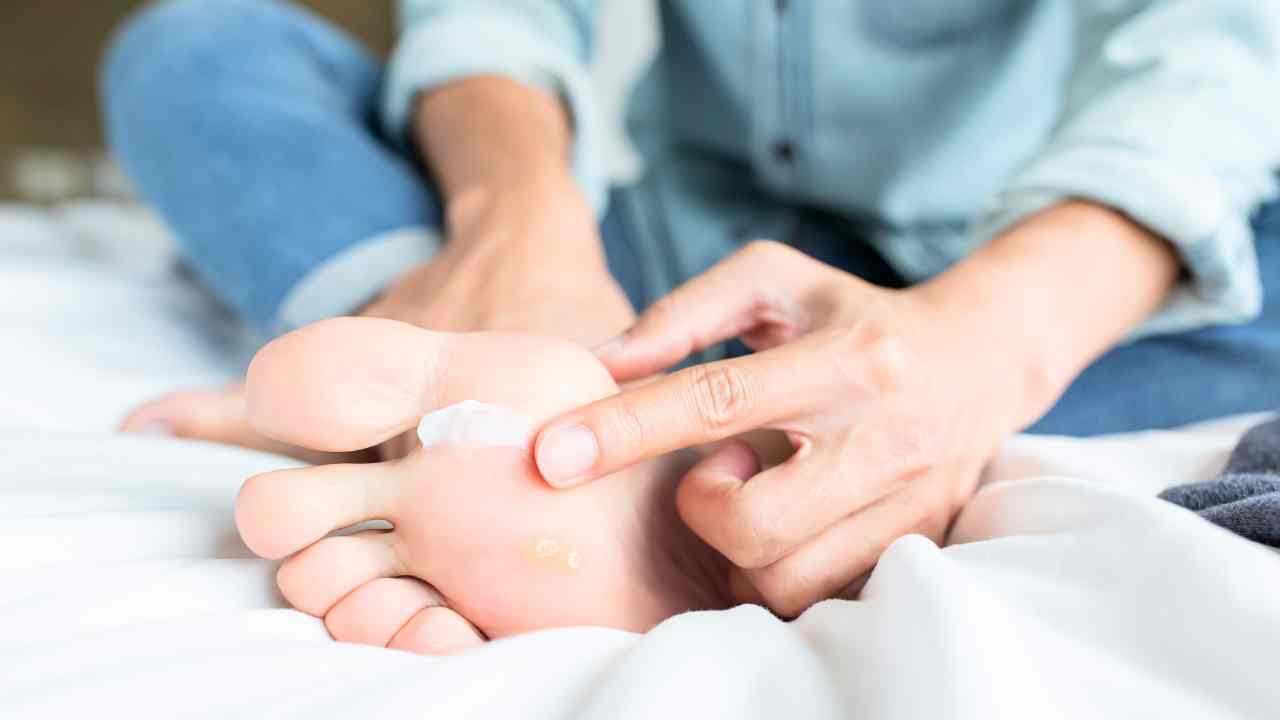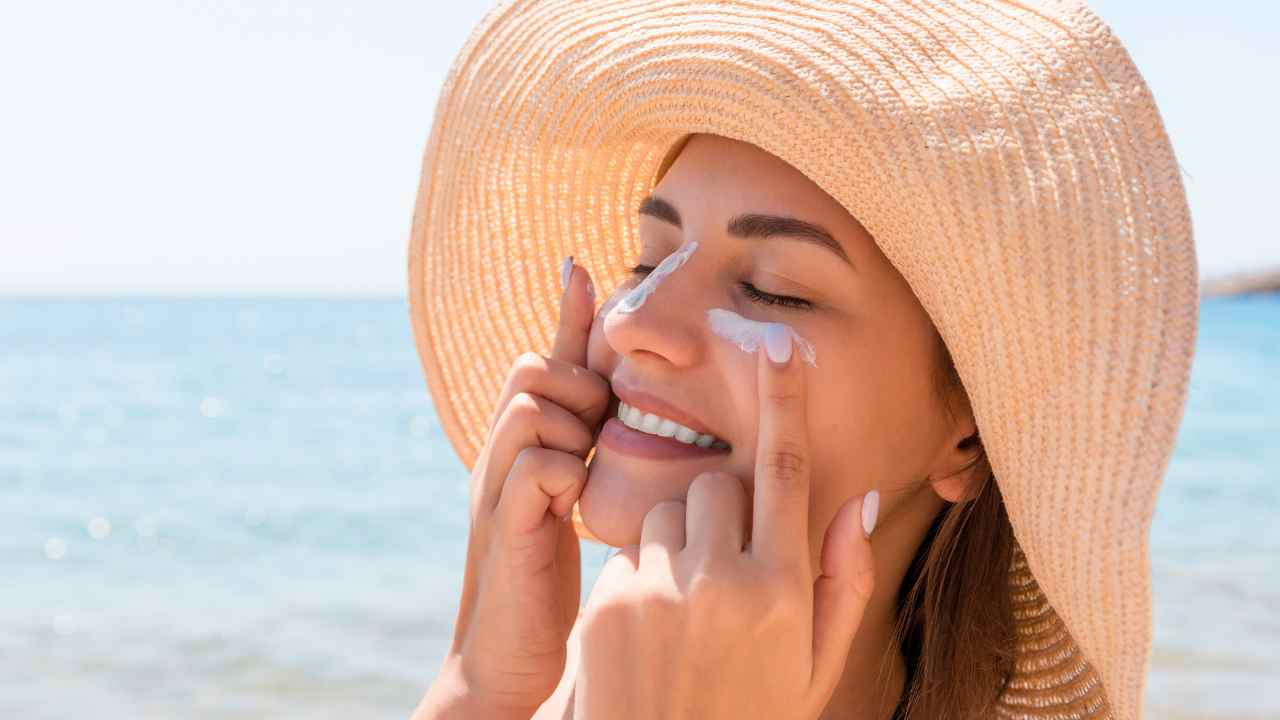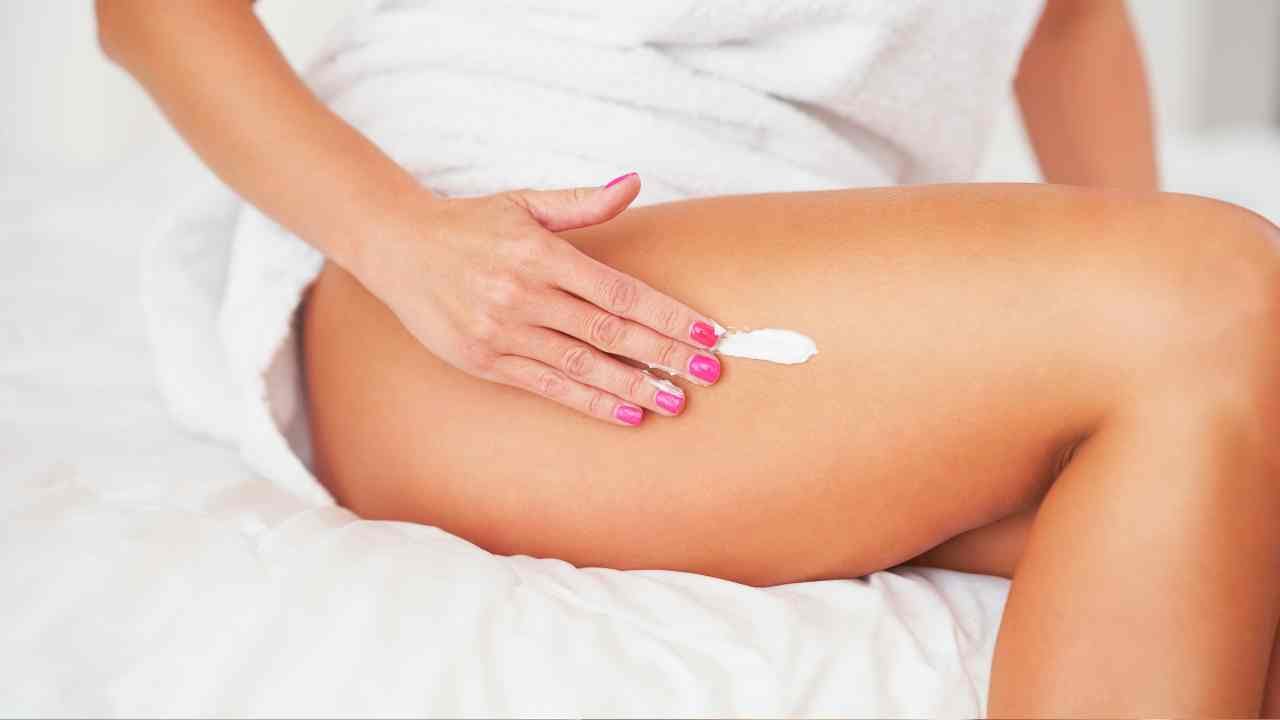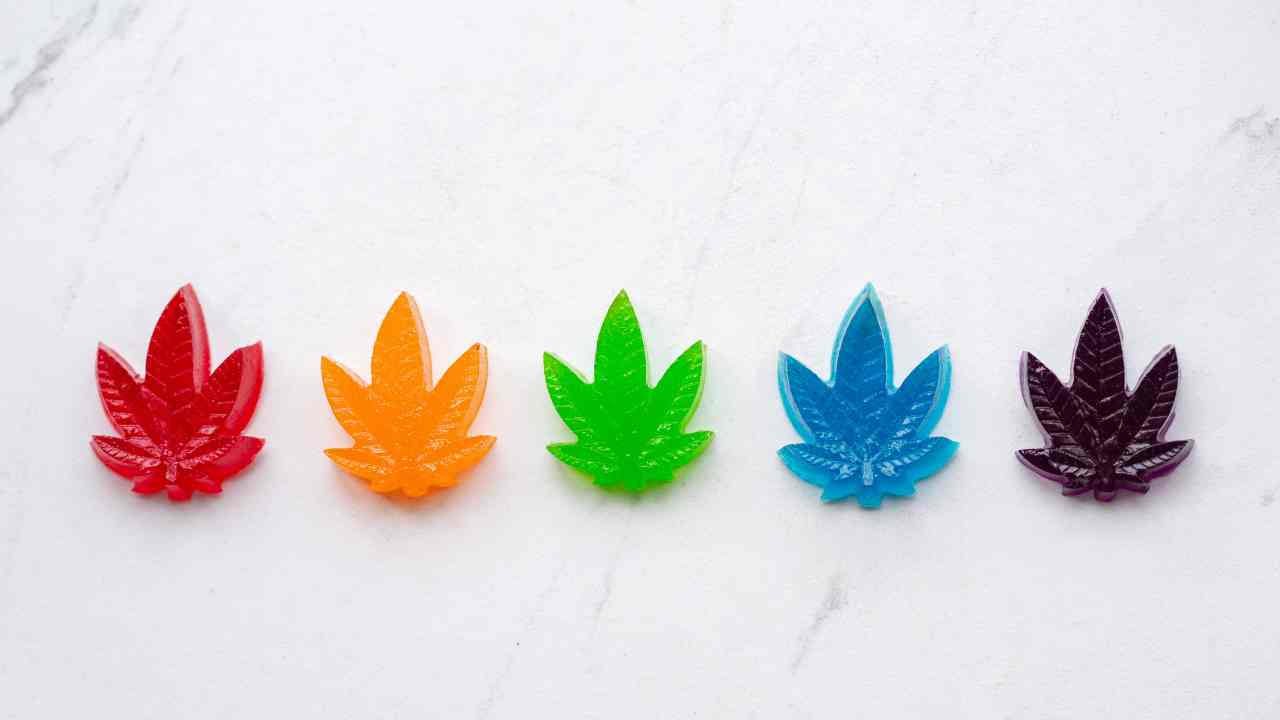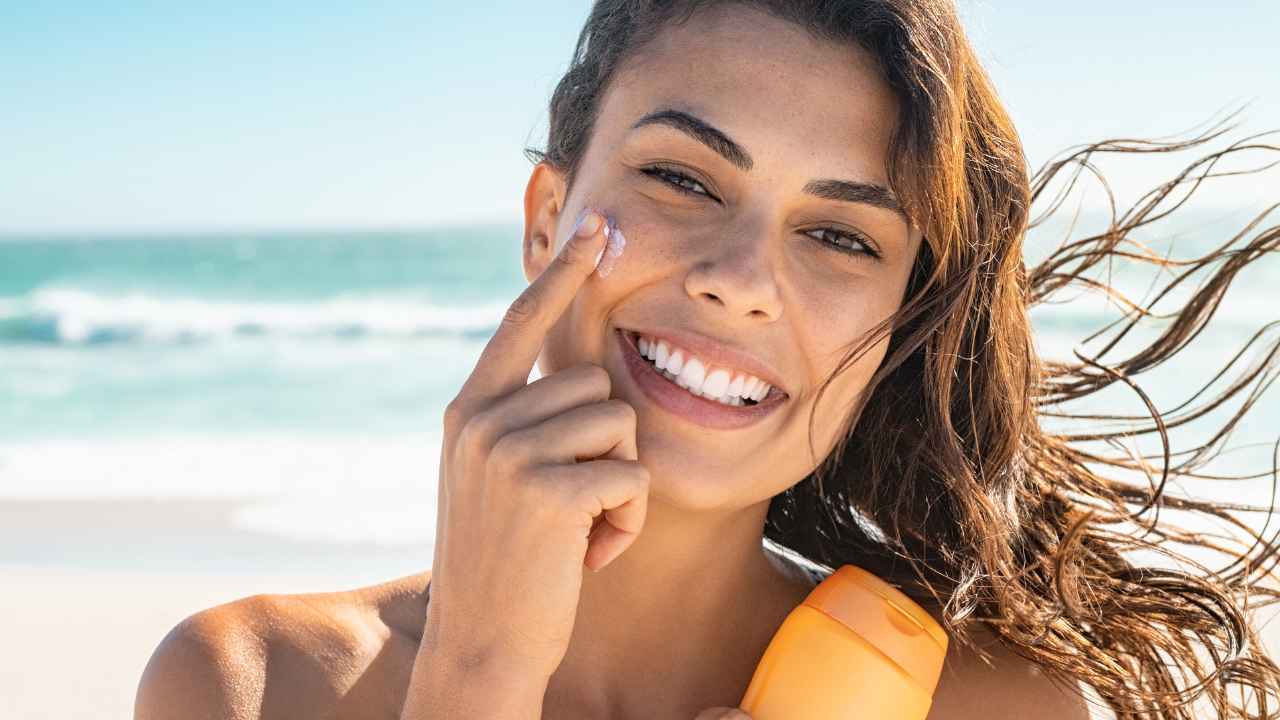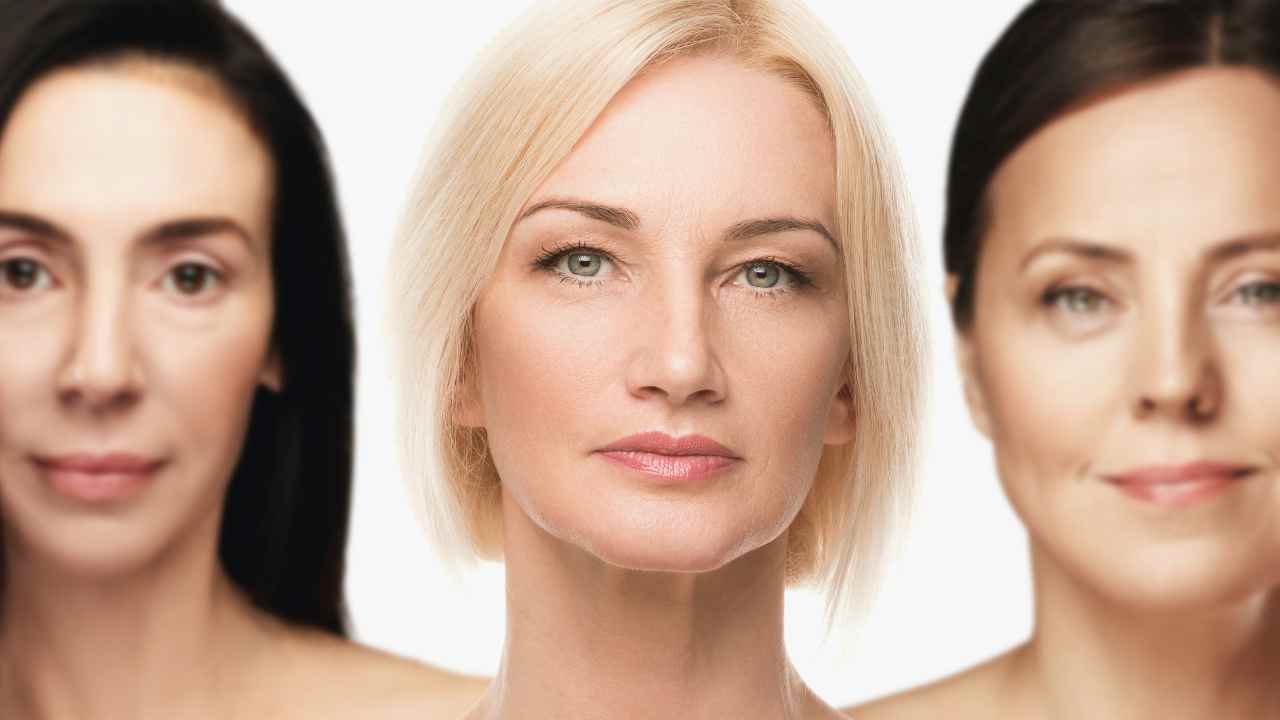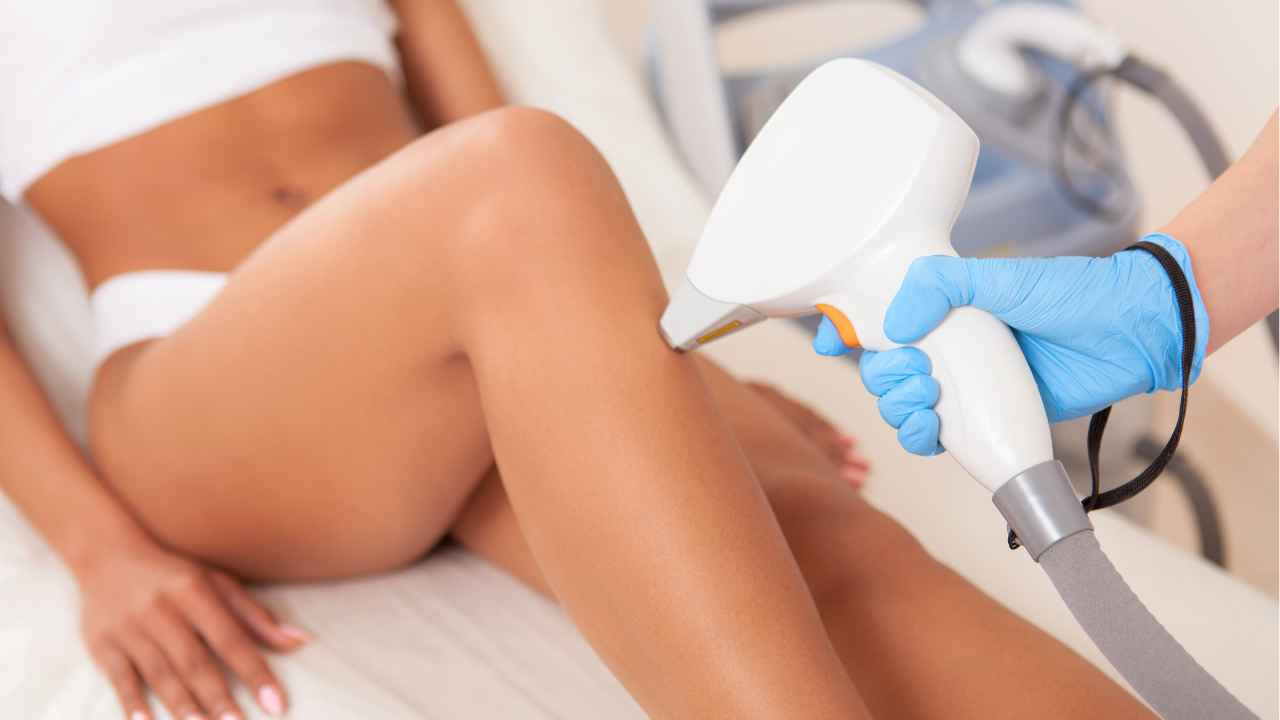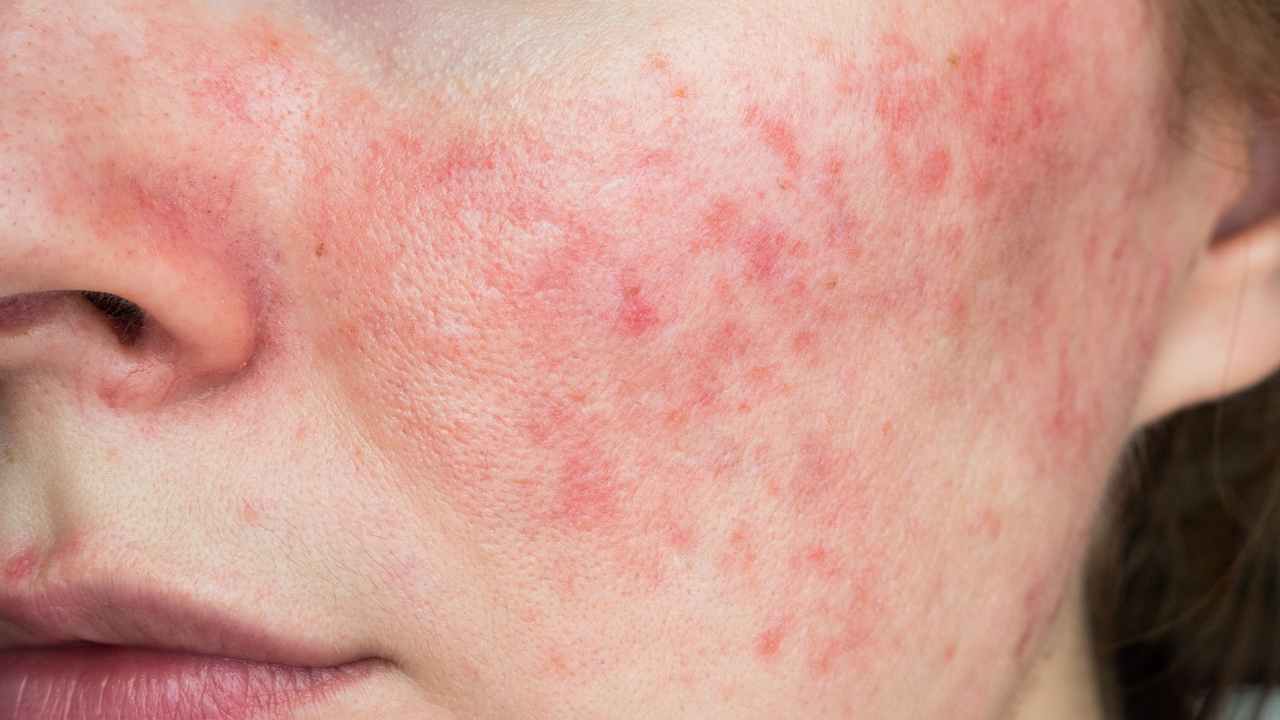
What is Rosacea? Symptoms, Triggers & Solutions Explained
Do you ever have days where your skin starts flushing and feels uncomfortable or worse, looks embarrassing? If so, then you might be familiar with the sneaky annoyances of rosacea.
Rosacea is an often misunderstood condition that can cause flare-ups unexpectedly and follows its own set of rules.
Don't worry though – in this post we'll explain the symptoms of rosacea as well as provide tips on how to intervene before it strikes! Let's talk about what exactly rosacea is, its symptoms, potential triggers & solutions.
What is Rosacea?
Rosacea is a chronic skin disorder characterized by persistent redness and visible blood vessels, primarily affecting the central area of the face, including the cheeks, nose, chin, and forehead.
Rosacea affects more than 14 million people in the United States. It typically begins after the age of 30 and is more common in fair skin individuals.
While the exact cause of rosacea remains unknown, several factors contribute to its development.
These include genetic predisposition, abnormalities in small blood vessels, immune system dysfunction, and an overgrowth of certain bacteria on the skin.
Common Symptoms of Rosacea
Recognizing the symptoms of rosacea is crucial for early diagnosis and effective management. The most common signs include:
- Persistent Facial Redness: Skin redness that resembles a blush or sunburn is a hallmark of rosacea. It may come and go or be present continuously around the central facial skin. It can also cause skin thickening and excess tissue around the nose.
- Visible Blood Vessels: Small, dilated blood vessels called telangiectasia may be visible on the surface of the skin, particularly on the cheeks and nose.
- Flushing and Blushing: Frequent episodes of facial flushing and blushing, often triggered by heat, sunlight, stress, spicy foods, or alcohol.
- Papules and Pustules: Some individuals with rosacea may experience small, red pus filled bumps bumps or acne-like lesions on the affected areas. These can be tender. They can resemble acne which can cause confusion with a diagnosis.
- Eye Irritation: Approximately half of rosacea sufferers experience ocular symptoms, including dryness, redness, and a gritty or burning sensation in the eyes.
Rosacea expert Rose Gallagher explains about the four different types of rosacea in this informative TikTok video:
@rosegallagherbeauty What is rosacea? Check out #RosaceaWithRose for more of my redness videos 💗 #rosacea #redness #learnwithrose #redskin #sensitiveskin #sensitiveskincare #sensitiveskinsolutions #rednessrelief #rednesscorrector #rosaceacheck #rosaceaskincare #rosaceaawareness #rosaceatreatment #rosaceamakeup #matureskin #skinpositivity #skinpositive #skin #realskinchallenge #realskin
♬ Monkeys Spinning Monkeys - Kevin MacLeod & Kevin The Monkey
Rosacea Triggers and Lifestyle Modifications
Identifying triggers that exacerbate rosacea symptoms is crucial for effective management. While triggers can vary from person to person, some common culprits include:
- Sun Exposure: Protect your skin from direct sunlight and use a broad-spectrum sunscreen with an SPF of 30 or higher.
- Temperature Extremes: Avoid excessively hot or cold environments, as they can trigger flushing and worsen symptoms.
- Spicy Foods and Alcohol: Reduce consumption of spicy foods, hot beverages, and alcoholic beverages, as they are known to provoke flushing and exacerbate symptoms.
- Skincare Products: Use gentle, fragrance-free, and non-irritating skincare products specifically formulated for sensitive skin. Avoid harsh exfoliants and abrasive cleansers.
- Stress Management: Practice stress-reducing techniques such as deep breathing, yoga, or meditation to help manage stress-related flare-ups.
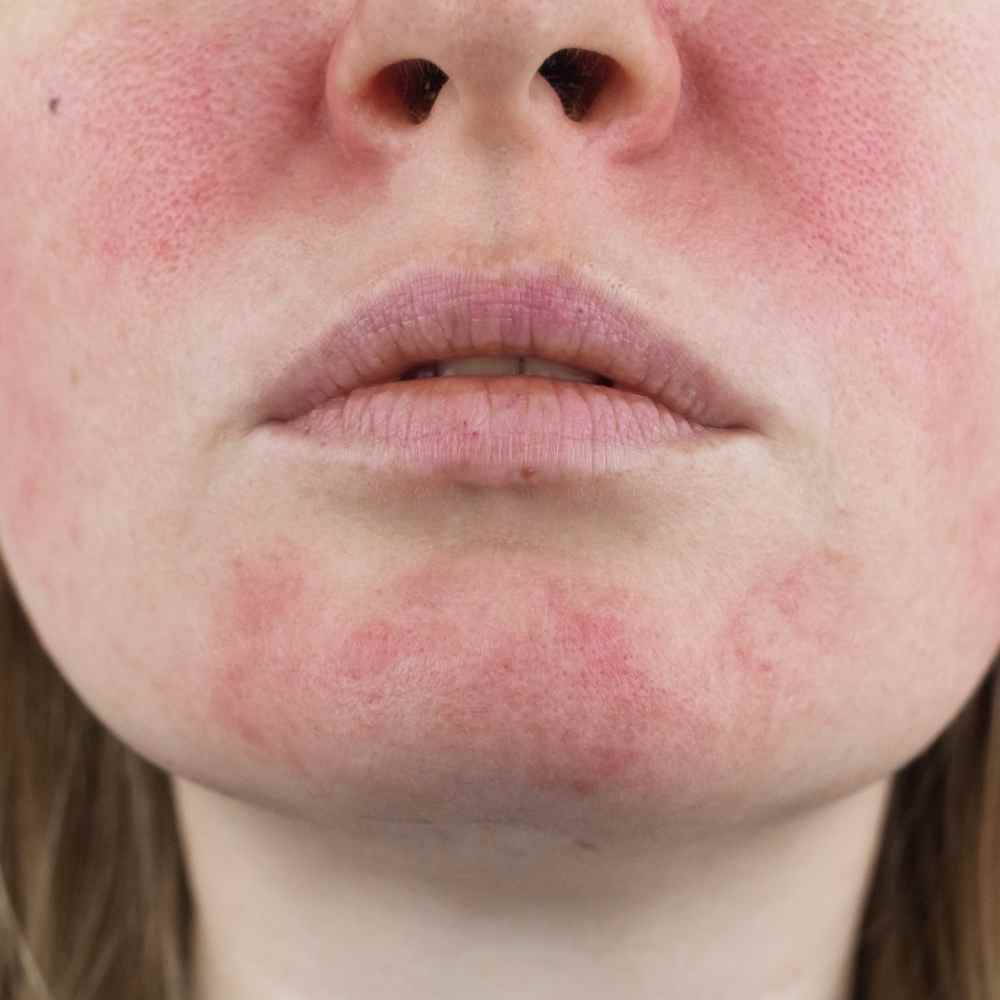
Professional Treatment Options
While there is no cure for rosacea, various treatment options can effectively manage and control symptoms. Consultation with a dermatologist or skincare professional is essential to get rosacea diagnosed and to get personalized treatment plans. Some common treatment options include:
- Topical Medications: Your physician may prescribe antibiotics or steroidal creams to reduce inflammation in your skin and reduce bacteria in your pores. These topical medications work best when used regularly over time (at least 8 weeks). For more severe cases of rosacea, oral antibiotics like doxycycline may also be prescribed.
- Oral Medications: In some cases, oral antibiotics, such as doxycycline or isotretinoin, may be prescribed to control inflammation and manage more severe cases of rosacea.
- Laser and Light Therapies: Laser therapy (including intense pulsed light) can target affected areas of the face and attempt to prevent future flareups by shrinking enlarged blood vessels beneath the surface of the skin. Lasers can also remove excess pigment caused by rosacea to even out an uneven complexion which has been blemished by itchy red bumps or spots on your nose and cheeks.
- Professional Chemical Peels: Chemical peels can help improve skin texture, reduce redness, and minimize the appearance of papules and pustules.
- Eye Treatment: For individuals with ocular rosacea, an ophthalmologist may prescribe eye drops or other medications to alleviate symptoms and manage eye irritation.
- Dietary Changes: Certain foods may be triggers for some people suffering from Rosacea so as part of their treatment plan they should limit their consumption of spicy, fatty and acidic foods like tomatoes, citrus fruits, juices and chili peppers as these can aggravate symptoms and increase facial blotchiness and redness. Allergens such as dairy products should also be avoided if possible but generally speaking any food or drinks high in sugar content need not feature heavily if someone wants to keep on top of their rosacea flare ups.
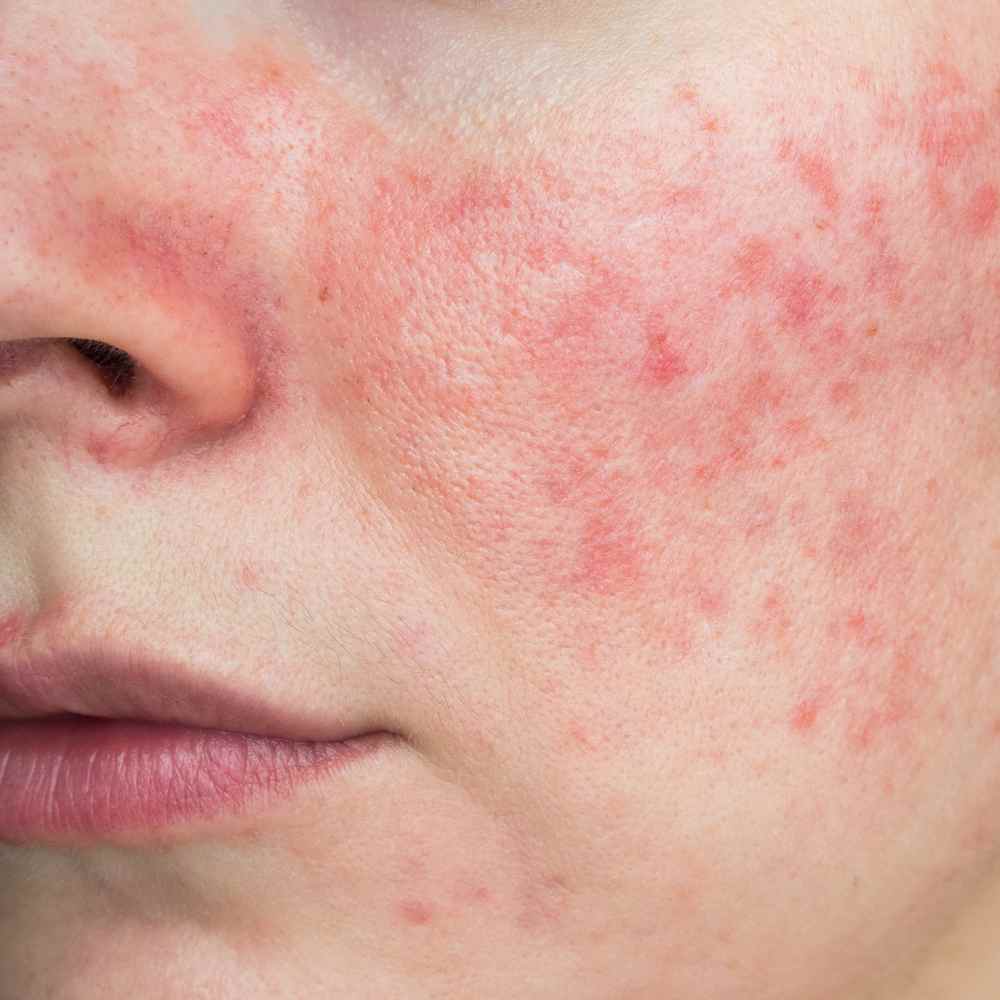
Skincare and Self-Care Tips
In addition to professional treatments, adopting a gentle skincare routine and practicing self-care can significantly improve rosacea symptoms. Consider the following tips:
- Cleanse and Moisturize: Use gentle, non-abrasive cleansers, toners and serums specifically formulated for sensitive skin. Follow with a lightweight, fragrance-free moisturizer to hydrate and protect the skin barrier.
- Sun Protection: Shield your skin from harmful UV rays by applying sunscreen daily and wearing a wide-brimmed hat and sunglasses when outdoor to avoid sun exposure.
- Avoid Irritants: Steer clear of skincare products containing alcohol, fragrance, and harsh chemicals. Opt for hypoallergenic and non-comedogenic options instead.
- Calming Techniques: Apply cool compresses or use a facial mist to soothe flushing and reduce redness during flare-ups.
- Embrace a Healthy Lifestyle: Incorporate stress management techniques, exercise regularly, and maintain a well-balanced diet to support overall skin health.
Does Rosacea Get Better or Worse with Age?
The answer to this question is a bit more complicated than it seems. In general, rosacea tends to worsen with age — especially between the ages of 30 and 60. This could be due to hormonal changes or simply an increase in skin sensitivity as we get older.
The good news is that while there’s no cure for rosacea itself, many patients have seen improvement when following the tips in this article.
So while it may not go away entirely on its own over time, making small adjustments now can greatly improve your quality life down the line.
Living with Rosacea
Rosacea is a chronic skin condition that can have a significant impact on an individual's self-esteem and quality of life.
By understanding the causes, recognizing common symptoms, and implementing effective management strategies, it is possible to control and minimize the impact of rosacea.
Remember, seeking professional guidance and adopting a gentle skincare routine are essential for optimal results. If you have even more questions, feel free to contact the National Rosacea Society at this link for even more information.
With the right approach, you can successfully manage rosacea and enjoy a clearer, calmer, and more confident complexion.



